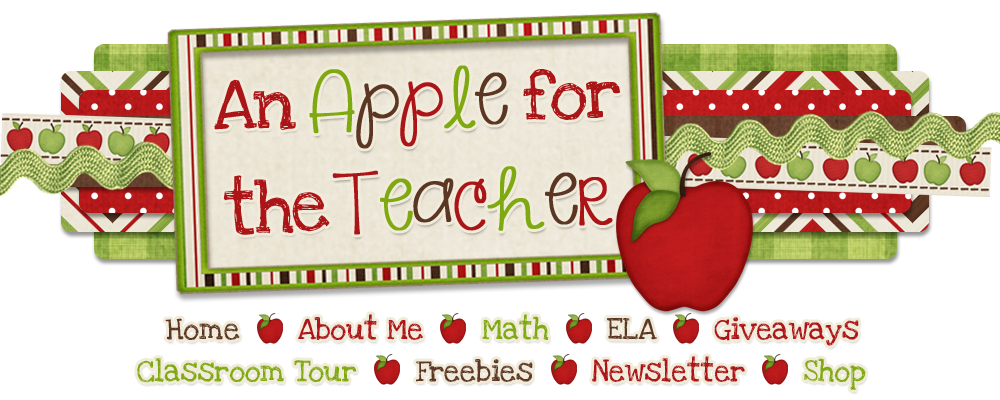Welcome to our book study of The Writing Strategies Book: Your Everything Guide to Developing Skilled Writers by Jennifer Serravallo! I am joining forces with some other fabulous teacher bloggers to discuss the writing strategies we come across in this AMAZING professional text!
Because this book isn't your typical professional development book filled with individual "chapters" of narrative, each teacher blogger will be giving you a glimpse into the 10 goals that are represented in the text. Each goal area is filled with many valuable strategies that will help you to support and guide your students as they become better writers. Keep in mind, we are only highlighting a FEW strategies in each section. There are over 300 strategies in the whole book!
You can find my posts for previous sections below:
Serravallo defines elaboration as "the specific information a writer uses to develop her writing". She says it can include things such as details, facts, dialogue, descriptions and more. She says it is the purposeful detail that brings a piece of writing to life and conveys the author's purpose.
When choosing this as a goal for your students to work on, you may want to consider students who:
* write with very few details.
* need help varying details.
* need support in deciding what details should be included.
Focus Strategy 1: Nudge Paper
Focus Strategy 2: See the World Like a Poet (Metaphor and Simile)
I love this idea for adding more interesting details to writing. Students think of the features they might want to compare, what else has similar features?
I love to use the mentor text Crazy Like a Fox A Simile Story to help students understand similes.
Focus Strategy 3: Prove It
This strategy asks students to think of their idea, claim, or thesis, and ask themselves, what reasons they have for thinking that way. What details prove what they want to say? These reasons become extra details to help convince their reader.
If you would like to purchase the book mentioned above, you can find it here.
This post contains affiliate links. I earn a small commission each time someone makes a purchase using one of my links, which helps to support the blog. All opinions are my own and I only promote brands and products that I have used myself and truly love.
Make sure to visit Kathleen over at Courage Doesn't Always Roar. She is our official hostess for this week, and she has some more strategies and great ideas for you!
If you would like to link up your own blog posts about this book, feel free to do so in the linky below! Don't forget to check out the other bloggers' posts as well as they write them for even more ideas!






No comments:
Post a Comment